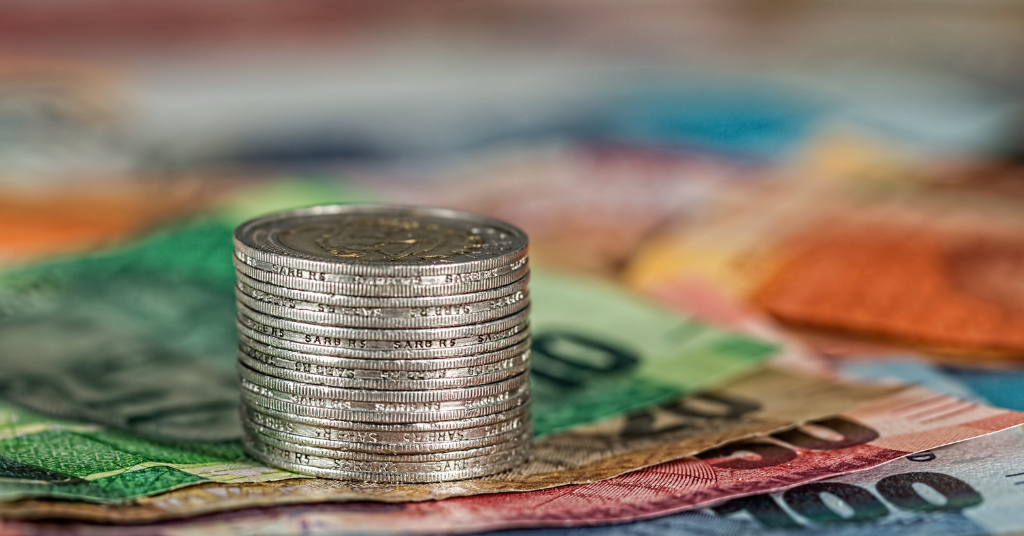Climate finance is critical to tackling climate change, as large-scale investments are needed to make the transition to a low-carbon global economy and to help societies build resilience and adapt to the impacts of climate change.
Climate finance refers to financial resources and instruments that are used to support action against climate change.
Countries like the Maldives consider all climate finance because their entire economy and survival are so dependent on climate resilience.
UNDP
UNDP is one of the main organizations supporting countries to access and use climate finance effectively.
UNDP works in around 170 countries and territories, helping to eradicate poverty, reduce inequality and exclusion, and build resilience so that countries can sustain development. As a UN development agency, UNDP plays a critical role in helping countries achieve the Sustainable Development Goals.
How can the government pool money for climate finance?
Governments can pool funding for priority climate actions through their budget processes, such as those set out in their national climate commitments, or issue sovereign green bonds to finance projects.
Governments can also mobilize climate finance from carbon trading and carbon taxes. Carbon trading quantifies greenhouse gas emissions in terms of carbon credits that can be bought and sold.
What can we expect in the future?
In 2021, the European Union and its 27 Member States have earmarked €23.04 billion in public funding to fight climate change, to help developing countries reduce their greenhouse gas emissions and adapt to the impacts of climate change. This amount was approved in 2022.
The EU and its Member States are committed to continuing to deliver on their international climate finance commitments, in line with the common objective of developed countries to mobilize USD 100 billion per year by 2025.




